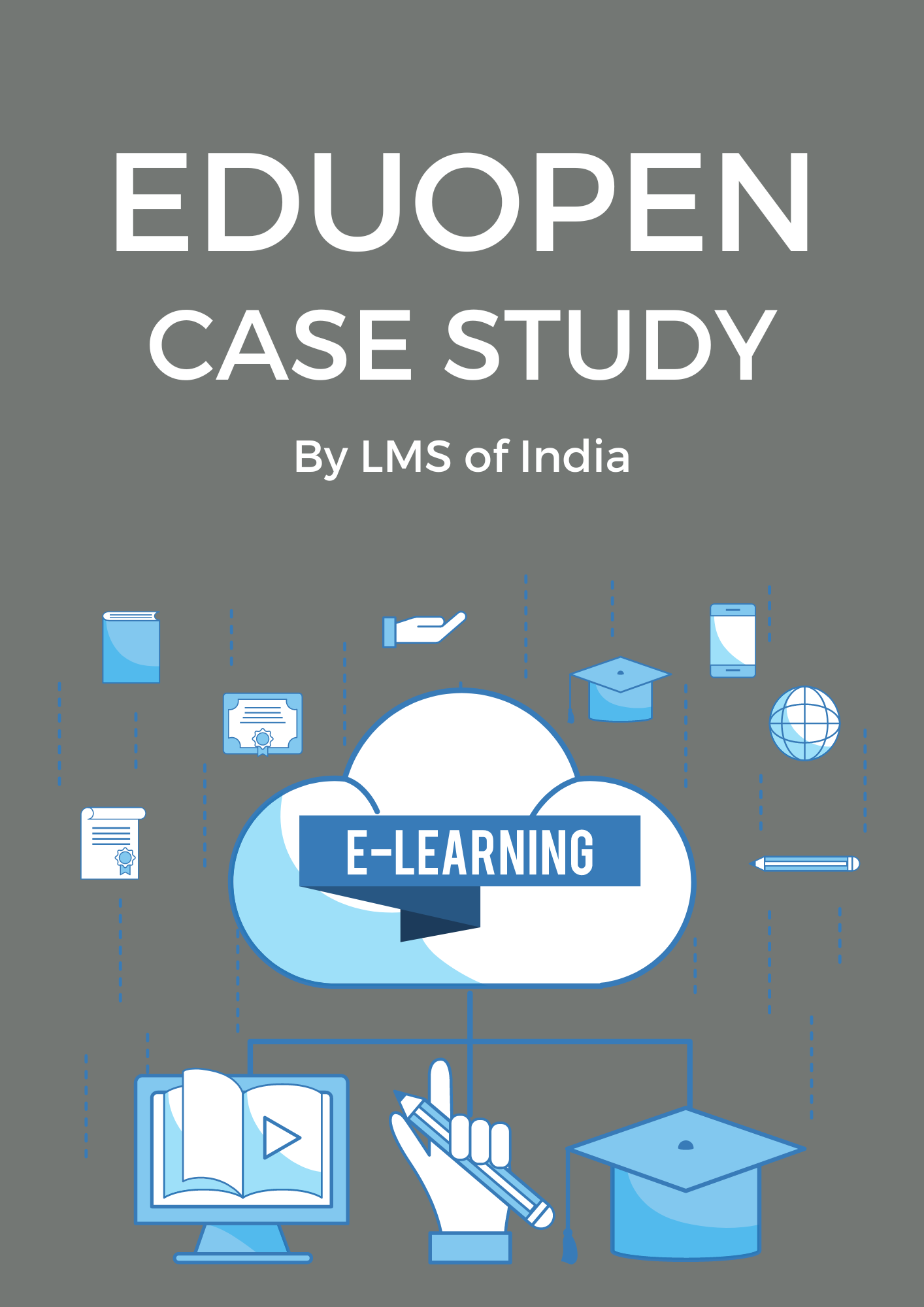Embrace the Power of Social Learning
In a world where connectivity knows no bounds, learning has transcended the confines of traditional classrooms and boardrooms. Welcome to the era of social learning, where knowledge is shared, collaborated upon, and enhanced through digital interactions. Whether in education or corporate training, social learning has emerged as a transformative force, fostering dynamic environments where learners thrive.
EduOpen (Italy): We Implemented the eLearning platform, developed 373 courses, and enrolled 121,374 students in just one year. Sign up to get the detailed case study in your inbox!
What is Social Learning?
At its core, social learning is a collaborative process wherein individuals learn from one another through observation, imitation, and interaction. It harnesses the power of social networks, online communities, and collaborative platforms to facilitate learning experiences that are dynamic, engaging, and inclusive. Unlike traditional learning methods, social learning emphasizes peer-to-peer knowledge exchange, fostering a sense of belonging and collective intelligence.
Core Components of Social Learning in Education and Corporate Training
1. Community Engagement:
Social learning thrives on active participation within communities. In educational settings, this translates to peer-to-peer discussions, group projects, and collaborative problem-solving. Similarly, in corporate training, it involves interactive forums, virtual workshops, and knowledge-sharing initiatives.
2. Informal Learning:
Unlike formal learning structures, social learning embraces informal learning opportunities. This includes learning through everyday interactions, spontaneous discussions, and real-world experiences. By leveraging informal learning channels, learners gain practical insights and relevant skills that traditional methods may overlook.
3. Feedback and Reflection:
Feedback mechanisms play a crucial role in social learning environments. Learners receive input from peers, mentors, and instructors, enabling them to refine their understanding and skills continuously. Additionally, reflection activities encourage learners to assess their progress, identify areas for improvement, and apply insights to future learning endeavors.
Benefits of Social Learning
1. Enhanced Engagement:
By fostering collaborative learning environments, social learning enhances learner engagement and motivation. Through active participation and shared experiences, learners develop a deeper connection to the subject matter, driving sustained interest and enthusiasm.
2. Knowledge Retention:
Social learning promotes active learning strategies, such as discussion, debate, and teaching others. These methods have been shown to enhance knowledge retention and recall, as learners engage with the material in meaningful ways and reinforce their understanding through interaction.
3. Skill Development:
In both educational and corporate settings, social learning facilitates skill development through practical application and peer feedback. By collaborating with others, learners gain exposure to diverse perspectives, alternative solutions, and constructive criticism, accelerating their professional growth and competence.
How LMS Of India Provides Social Learning
LMS Of India stands at the forefront of revolutionizing learning experiences through social learning initiatives. By integrating collaborative features, interactive forums, and peer-driven content creation tools, LMS Of India empowers learners to engage with course materials, connect with peers, and co-create knowledge in real-time.
Through its user-friendly interface and robust functionality, LMS Of India facilitates seamless communication, knowledge sharing, and collaboration across diverse learning communities. Whether in academia or corporate training, LMS Of India’s social learning capabilities foster a culture of collaboration, innovation, and continuous learning, empowering individuals to thrive in today’s interconnected world.
Conclusion
Social learning transcends boundaries, enabling learners to engage with content, connect with peers, and cultivate meaningful learning experiences anytime, anywhere. By embracing the core components of social learning and harnessing its myriad benefits, educational institutions and organizations can unlock the full potential of their learners, driving innovation, collaboration, and success in the digital age.
We Helped ‘EduOpen‘ Launch 373 Courses and Enroll 1,21,374 Students on their eLearning Platform!
Download eBook to Find out How.



